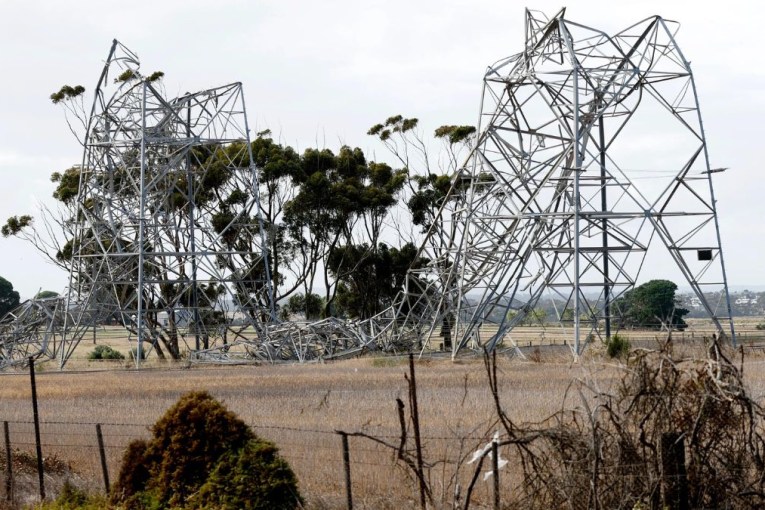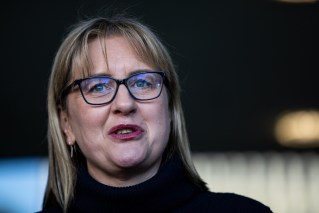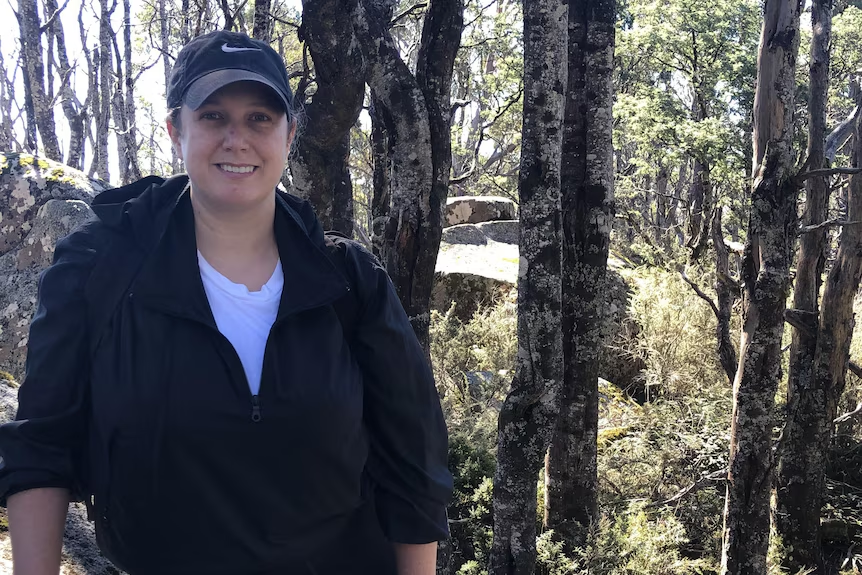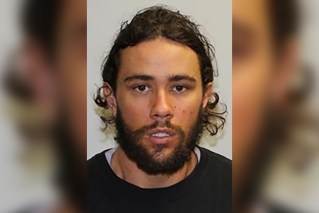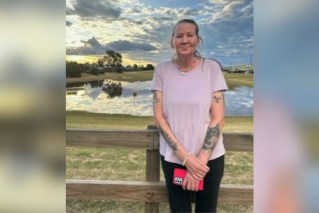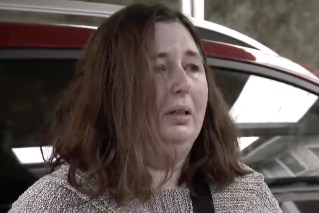Disabled travellers share tales of shame and horror on Victorian rail network

Shocking stories of discrimination and isolation have emerged after an investigation into crucial public transport services for thousands of disabled Australians.
An exclusive 10 News First report has uncovered horrific evidence of neglect of some of Victoria’s most vulnerable users on its regional rail network.
Disabled passengers told journalist Candice Wyatt they had been abandoned on platforms for hours, denied access to bathrooms and even forced to travel in cargo holds.
The Victorian government has targets to meet this year, and by 2032, to ensure its inter-city V/Line services and stations are fully accessible. But, in a further blow to thousands across the state, it concedes it won’t get there.
An emotional Janet Curtain told Wyatt of her experience after booking and paying for a wheelchair spot on a V/Line train from Shepparton in northern Victoria to Melbourne, a journey of about 200 kilometres.
But when the train arrived, it was without its all-access carriage.
The carriage had been removed at the last minute because of a faulty door – but no one told Ms Curtain. To make matters worse, the station attendant said she would not have been left behind – only if she could walk.
“They said I couldn’t get on the train because I couldn’t get out of my wheelchair,” Ms Curtain said.
A wheelchair taxi was called to take her home. But it took 90 minutes to arrive, and the ride home cost taxpayers $400.
Wyatt said Ms Curtain’s story was not uncommon. The Victorian government has an uncapped wheelchair taxi budget for just such situations.
Dean Saunders recounted how he was also given a cab voucher to get home to Terang, in Victoria’s Western District, from the Commonwealth Games in Melbourne in 2006.
It came after he and his sister and mother were put in a train’s cargo hold for their trip into the city because there was no spot for Mr Saunders and his wheelchair.
“I don’t think it was until we actually took off that it sank in,” Mr Saunders’ sister Lisa said.
He has not taken another V/Line train in the 16 years since.
Dr George Teleporos also told Wyatt he once travelled in a V/line cargo hold.
“I vowed never to do that again. It was traumatic,” said Dr Teleporos, who is now chairman of the Victorian Disability Advisory Council.
“We need to be treated equally. We need transport providers to be held accountable to the standards – and we need dignity.”
Some advocates say the lack of access inhibits disabled people from using trains to get to jobs and medical appointments. Others say they end up isolated and lonely, stranded at home.
By the end of 2022, all Victorian railway stations are supposed to be accessible to everyone. And the trains are mean’t to be accessible to all by 2032.
But the state government told Wyatt it will not reach those targets – and some will not be accessible until 2066.
The full story will air on 10 News First at 5pm, Wednesday.
